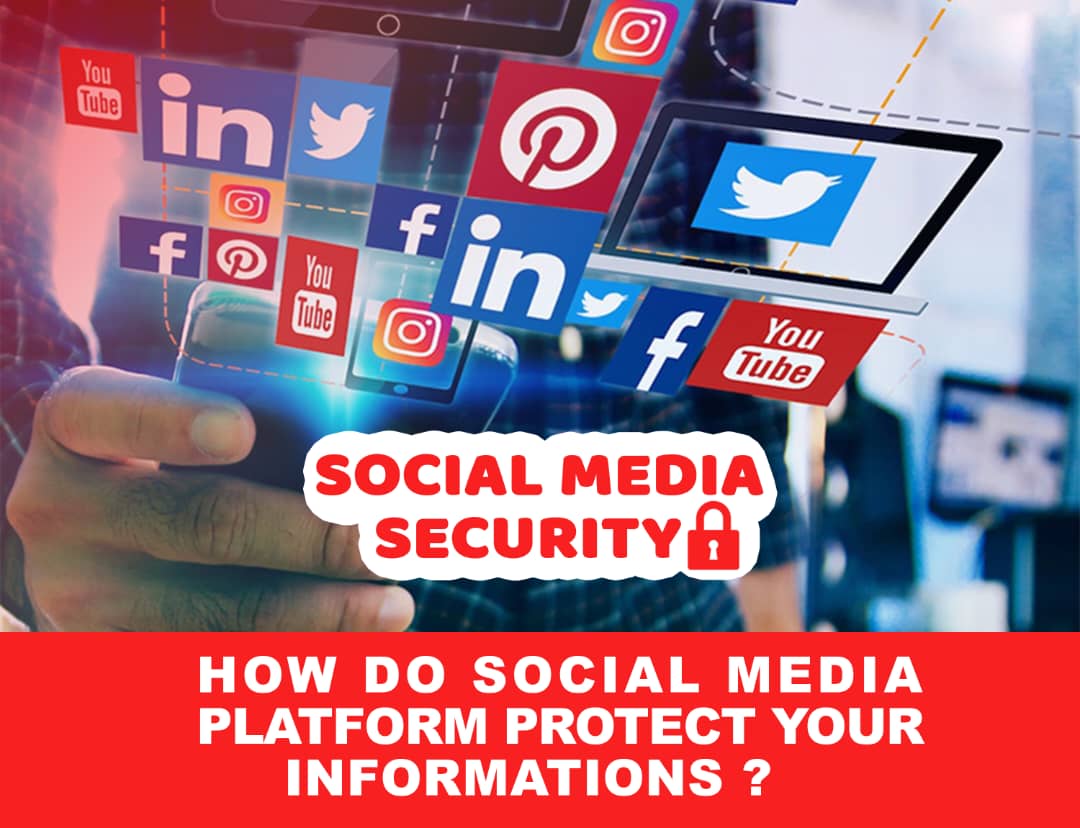
In an era dominated by digital communication and connectivity, social media has become an integral part of our lives. However, with the convenience of sharing and connecting comes the lurking threat of social engineering attacks. These malicious tactics target individuals’ vulnerabilities to gain unauthorized access to personal accounts, leading to identity theft, data breaches, and other serious consequences. In this comprehensive guide, we will delve into the essential strategies to secure your social media accounts from social engineering attacks.
Securing Your Social Media Accounts from Social Engineering Attacks
Social engineering attacks capitalize on human psychology and behavior, manipulating victims into divulging sensitive information. To protect yourself from such threats, follow these proactive steps:
Be Wary of Unsolicited Requests
Avoid accepting friend requests or messages from unknown individuals. Cybercriminals often create fake profiles to gain your trust and extract personal information. If you receive a request from someone you don’t know, exercise caution and do not engage.
Strengthen Passwords Regularly
Your password is your first line of defense. Create strong, unique passwords for each social media account, incorporating a combination of uppercase and lowercase letters, numbers, and special characters. Regularly update your passwords to minimize the risk of unauthorized access.
Enable Two-Factor Authentication (2FA)
Two-factor authentication adds an extra layer of security by requiring a second form of verification in addition to your password. This could be a text message code, biometric scan, or authentication app. Enable 2FA on all your social media accounts for enhanced protection.
Educate Yourself about Phishing
Phishing emails and messages are designed to appear legitimate, tricking recipients into revealing sensitive information. Be cautious when clicking on links or downloading attachments from unknown sources. Verify the sender’s identity before taking any action.
Limit Personal Information Sharing
Refrain from oversharing personal information on social media platforms. Cyber attackers often gather details from public posts to tailor their attacks. Be mindful of the information you share, such as your birthdate, address, and contact details.
Regularly Review Privacy Settings
Social media platforms offer privacy settings that allow you to control who sees your posts and personal information. Take the time to review and adjust these settings to ensure that only trusted individuals have access to your content.
Be Skeptical of Urgent Requests
Cybercriminals may impersonate friends or family members, claiming to be in urgent need of money or assistance. Before taking any action, independently verify the request through a different communication channel.
Watch for Suspicious Activity
Regularly monitor your social media accounts for unusual activity, such as unrecognized logins or posts you didn’t make. If you notice anything out of the ordinary, take immediate steps to secure your account and change your password.
Key Strategies to Prevent Social Engineering Attacks
Stay Informed about Current Threats
Stay updated on the latest social engineering attack trends and tactics. Being aware of potential risks will help you recognize and respond to suspicious behavior.
Regularly Back Up Your Data
In case of a successful attack, having up-to-date backups of your data can save you from irreparable damage. Back up your important files and information on a secure external drive or cloud storage.
Secure Your Email Account
Your email is often the gateway to your online presence. Ensure that your email account is well-protected with a strong password and 2FA. Additionally, be cautious of emails requesting sensitive information or instructing you to click on suspicious links.
Educate Your Connections
Share your knowledge about social engineering attacks with your friends and family. An informed network is less likely to fall victim to such scams, creating a safer online environment for everyone.
Frequently Asked Questions (FAQs):
Can strong passwords really make a difference in preventing social engineering attacks?
Absolutely. Strong passwords act as a formidable barrier against unauthorized access. By creating complex passwords, you significantly reduce the risk of falling victim to social engineering attacks.
How often should I update my passwords?
It’s recommended to update your passwords every three to six months. Regular updates help ensure that even if your password is compromised, the attacker’s window of opportunity is limited.
What do I do if I receive a suspicious message from a friend’s social media account?
If you receive a message that seems out of character or requests personal information, independently verify the sender’s identity through another means of communication before responding.
Is it safe to click on links shared by friends?
Exercise caution even when links are shared by friends. Social engineering attacks can compromise your friends’ accounts, causing them to unknowingly share malicious links.
Are all social media platforms equally secure?
While major social media platforms invest in security measures, the level of security may vary. It’s essential to understand the privacy settings and security features of the platform you’re using.
What should I do if I suspect that my social media account has been compromised?
If you suspect unauthorized access, change your password immediately, review your recent activity, and enable 2FA if you haven’t already. Reach out to the platform’s support for further assistance.
Securing your social media accounts from social engineering attacks is a proactive effort that requires vigilance, awareness, and consistent cybersecurity practices. By following the strategies outlined in this guide, you can enjoy the benefits of social media while safeguarding your personal information and online identity.
- Tags:
- Online Security
- Phishing